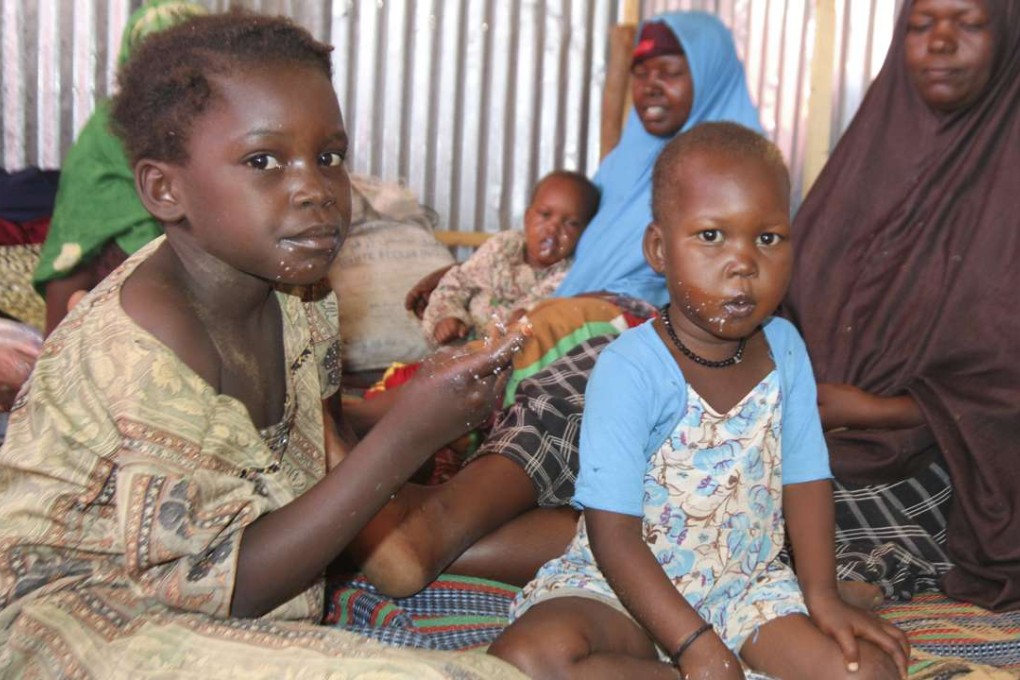What do human rights and freedoms mean in a globalised but deeply unequal world?
Andreas Herberg-Rothe and Key-young Son call for a rethink of the absolute primacy of freedom over equality as seen in the last century, when the world’s wealth is held by a few while millions go hungry and languish in poverty

What is the greatest difference between the cold-war order and the 21st-century global order? A cold war joke offers a good hint. An East German school teacher asks little Fritz: “Fritzchen, why are you always speaking of our Soviet brothers? It’s ‘Soviet friends’.” Fritz responds: “Well, you can pick your friends.”
Back then, they had no freedom to choose, but still enjoyed a form of stability through comradeship or alliances in a bipolar balance of power. Now, we can make choices, but these choices do not guarantee any degree of strategic stability. Globalisation has injected a sense of fluidity, uncertainty, and even publicity into areas of high politics formerly hidden behind a veil of secrecy. Even the top secrets of a nation have been laid bare through a series of WikiLeaks releases.
Wikileaks: CIA’s secret hacking toolkit turned iPhones and smart TVs into spy devices
The rise of modern Western powers accelerated global connectivity, economic growth, scientific progress, military innovations and the diffusion of human rights, but also plunged the world into sporadic catastrophes that claimed many victims (with colonialism, imperialism, the two world wars and the cold war). Now, the West is in a relative decline because of the “rise of the rest”, such as China, India, Russia and some Muslim nations. “Glocalisation” has created not just East and West, but multiple Easts, Wests and hybrids. This crisis is symbolised by the election of Donald Trump as US president. But what if Trump were the result, not the cause, of the crisis of the West?
The root of this crisis is an excessive primacy of freedom over equality in the Western value system. According to Oxfam, just eight super-wealthy people hold as much property as the 3.6 billion who make up the poorest of the world, or 1 per cent of the world has as much wealth as the remaining 99 per cent.
‘Obscene’: these eight men are as rich as half of all humanity, 3.6 billion people, says Oxfam
Even with Trump gone, there will be no simple return to the “glorious times” of idealised globalisation without questioning the absolute primacy of freedom above equality. The previous phase of globalisation led to a kind of “liquid modernity”, as defined by recently deceased sociologist Zygmunt Bauman. As a chaotic continuation of modernity, liquid modernity increased global uncertainty and loosened individual identities.
